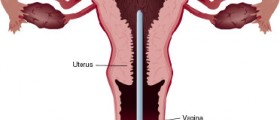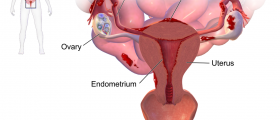
In order to treat dysfunctional or abnormal uterine bleeding, a process known as endometrial ablation might be employed. Occasionally, an instrument known as a hysteroscope is used in order to see inside the uterus. The ablation process can be performed using laser beams, radiofrequencies, thermal balloons, saline fluid, electricity, freezing and microwaves. After the operation, the endometrium will heal through a scarring process. This process normally helps to prevent bleeding in the uterus. The procedure can be performed, using local or general anesthesia, in an outpatient facility or in a doctor’s office.
About the procedure
After surgery of this type, a patient might experience some side effects. Among these side effects are nausea, cramping and vaginal discharge. Discharge will begin as watery and bloody, but will eventually become clear. This discharge can last as long as two weeks, and, in general, it will take about two weeks to totally recover from the operation.
The procedure is normally undertaken in order to control heavy or prolonged vaginal bleeding. However, it is normally only used in the case that the bleeding has not responded to other treatments, as well as if childbearing has been completed. The procedure is also used in the case that a hysterectomy is not desirable with regard to controlling bleeding.
In most cases, the operation succeeds in reducing the flow of menstrual bleeding. About half of those who undergo the operation will no longer have periods after undergoing the operation. This is more likely to occur in the case of older women undergoing the ablation procedure.
As for the risks that are involved in the operation, there is the possibility that an accidental puncture of the uterus might occur. Other risks include uterine burns, fluid build up in the lungs, arterial blood flow blockage, and cervical laceration. However, it should be noted that these problems are quite rare. In the case that they do occur, they can be severe.
It is important to remember that there is the possibility that endometrial re-growth might occur after one has undergone the endometrial ablation procedure. If one is at a high risk of endometrial cancer, the endometrial ablation procedure is not recommended. For women who plan to become pregnant, this is not a procedure that should be undertaken. However, it should be noted that despite the fact endometrial ablation leads to uterine sterility, pregnancy might still be possible for those who have undergone the operation.

















Your thoughts on this
Loading...